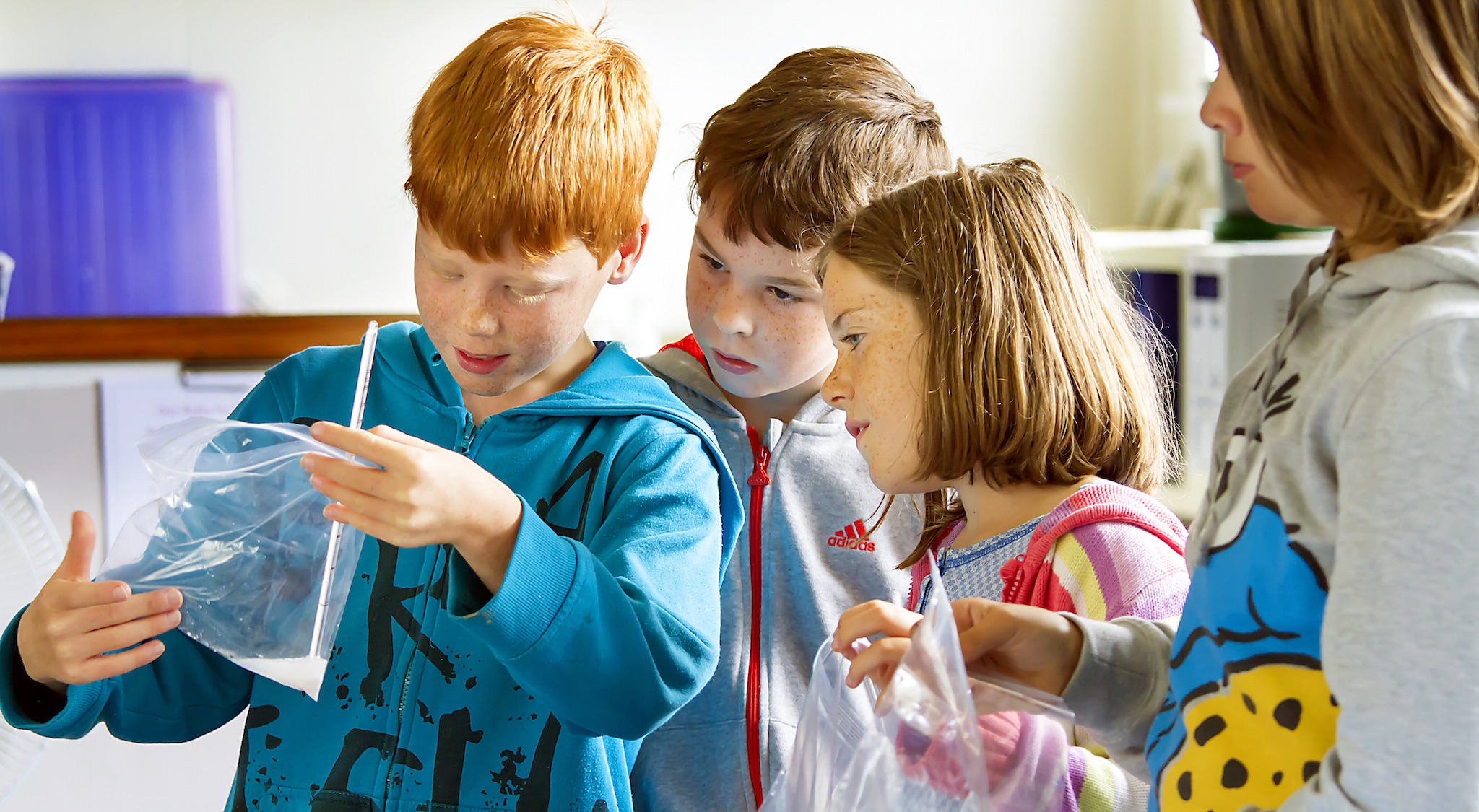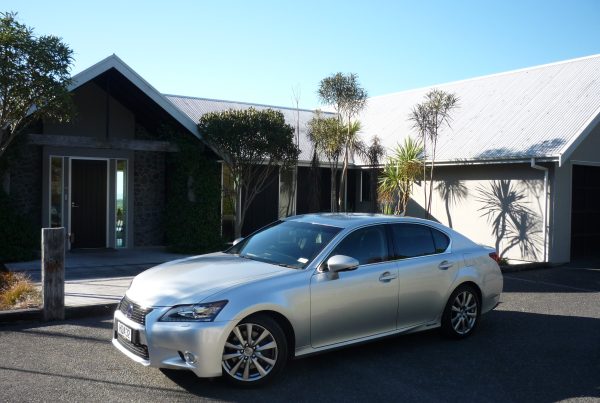All children are naturally curious, with broad imaginations and an inherent ability to drive anyone within earshot slightly doolally through repetitive questioning. However, if you’ve ever been around a child whose curiosity levels are through the roof, or whose outlandish imaginings leave you wondering if there was something extra in your tea, you may like to consider if they are actually displaying signs of giftedness, says Deb Walker, CEO of the New Zealand Centre for Gifted Education (NZCGE).
Unfortunately, though, some other signs can be social or emotional issues that are often targeted by kids at school.
Adam*, aged 10, was having a hard time. Labelled nerdy by the other kids, he withdrew both emotionally and socially. Although demonstrating complex thought processes in maths, science and technology, his social issues held him back. Concerned for his well-being, his parents referred him to NZCGE and Adam entered the MindPlus programme. The change was significant.
Adam made friends, worked in his strength areas and discovered he could sing. He auditioned for, and got, the lead in his mainstream school’s musical production and was a show-stealer. Now at university, Adam credits NZCGE with helping him find a ‘home’ for his mind.
Walker says NZCGE holds a vision of a future New Zealand in which extraordinary minds do extraordinary things, and Adam is certainly a prime example. Established in 2014, it blends two organisations with over 30 years of combined experience. The previous Gifted Education Centre and Gifted Children’s Advancement Charitable Trust decided to form the new organisation with a vision to combine the strengths of both.
Walker describes the services provided by the organisation as four main areas: MindPlus, a one-day-per-week programme; Small Poppies, for children aged two to six and their parents; Gifted Online, for Year 4–10 children who live in rural or isolated communities and are unable to access a face-to-face programme; and Consult, a series of consultancy services for educators, parents and the networks who support gifted learners.
Walker says the centre divides its approach to the children into personal, talent and conceptual development. She explains NZCGE’s philosophy as the provision of a complementary educational resource, a kind of learning toolkit, rather than an alternative education.
“Our free selection workshops are a great way to discover if your child would benefit from the support we can offer, and there is the option of a one-to-one, parent-funded assessment too.”
Having brought the subject around to cost, Walker says that, unfortunately, NZCGE receives no government funding. To keep costs as low as possible they invite engagement with businesses, trusts and foundations to provide a sponsorship programme. They also invite mentoring by members of the public, and they accept donations of items like computers or furniture from offices or businesses that have upgraded.
“These children need help with their education in the same way that others with a special need do,” she says. “It doesn’t mean they are superior or more affluent because they attend NZCGE. The word ‘gifted’ is just an explanation for the way they learn.”
* Name has been changed.





